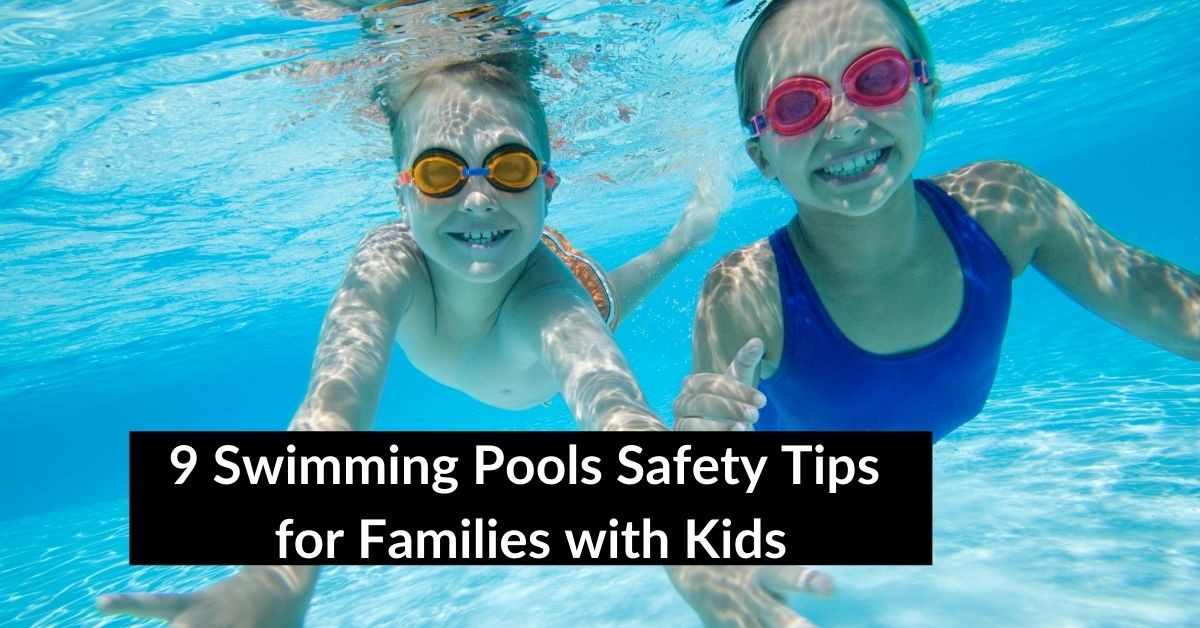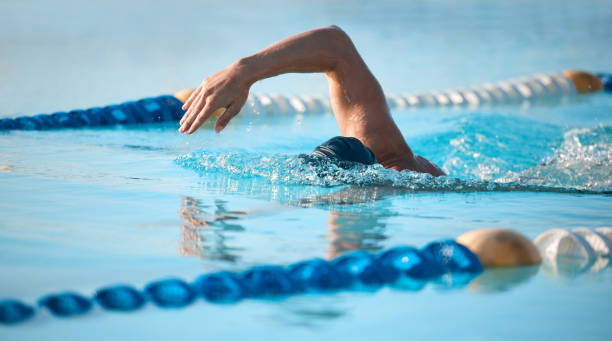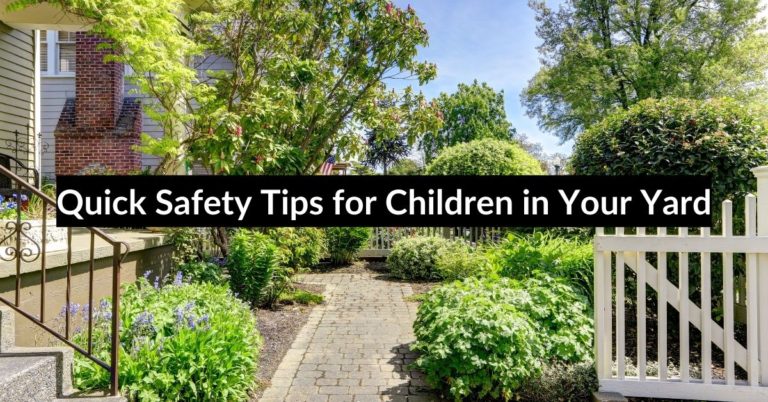9 Swimming Pools Safety Tips for Families with Kids
This post contains affiliate links. This means I will make a commission at no extra cost to you should you click through and make a purchase. Read the full disclosure here.Swimming pools can be a great source of fun and relaxation for families, especially during the hot summer months. However, it’s important to prioritize safety when it comes to enjoying time in and around the pool, particularly if you have young children. By following these nine swimming pool safety tips, you can ensure a safe and enjoyable experience for your family.
Introduction
Swimming pools offer a refreshing escape from the heat and provide endless entertainment for families. However, accidents can happen, especially when children are involved. That’s why it’s crucial to be aware of and implement proper safety measures to keep your family safe while enjoying the pool.
Always Supervise
Never leave children unattended near the pool. Drowning can occur in just a few moments, even in shallow water. Designate a responsible adult as the pool supervisor, ensuring they maintain constant visual contact with the children. Avoid distractions like phone calls or engaging in other activities that take your attention away from supervising.
Teach Swimming Skills
Enroll your children in swimming lessons at an early age. Learning to swim not only enhances their confidence in the water but also equips them with vital life-saving skills. Encourage swimming skills development under the guidance of certified instructors.
Install Pool Fencing
Install a four-sided pool fence that separates the pool area from the rest of your yard. The fence should have a self-closing and self-latching gate, out of reach of young children. This physical barrier helps prevent unauthorized access and reduces the risk of accidental drowning.
Use Life Jackets
For younger children or those who are not confident swimmers, ensure they wear properly fitted U.S. Coast Guard-approved life jackets while in or around the pool. Life jackets provide an extra layer of safety, especially during playtime or when swimming in deep water.
Secure Pool Area
Apart from pool fencing, make sure the pool area is secure and free from potential hazards. Remove any toys, floats, or other items from the pool when it’s not in use to prevent children from being tempted to go near the water unsupervised. Also, keep the pool area clear of clutter to minimize the risk of trips and falls.
Learn CPR
Take the time to learn cardiopulmonary resuscitation (CPR) techniques. CPR can be a lifesaving skill in the event of an emergency. Enroll in a certified CPR course and ensure that all caregivers and family members are familiar with this essential technique.
Educate Children about Water Safety
Teach your children about water safety from an early age. Explain the importance of following pool rules, such as no running or diving in shallow water. Help them understand the potential dangers of the pool and how to act responsibly in and around it.
Regular Maintenance
Maintain the pool regularly to ensure its safety and cleanliness. Follow proper maintenance routines, including checking water chemistry, cleaning filters, and inspecting pool equipment. A well-maintained pool is less likely to pose safety risks to your family.
Conclusion
By implementing these nine swimming pool safety tips, you can create a secure environment for your family to enjoy their time in and around the pool. Remember, it only takes a moment for an accident to happen, so prioritize safety and make sure everyone follows the rules and guidelines.
FAQs
At what age should I start teaching my child to swim?
It’s recommended to start swimming lessons as early as possible, usually around the age of four or five. However, consult with a certified swimming instructor to determine the most suitable age for your child.
Is it necessary to have a four-sided fence around the pool?
Yes, a four-sided fence is highly recommended as it provides an additional layer of protection by preventing direct access to the pool area from the house or yard.
Can floatation devices replace adult supervision?
No, floatation devices should never replace adult supervision. They serve as a supplementary safety measure, but constant adult supervision is essential, even if a child is wearing a life jacket.
How often should I check the pool’s water chemistry?
It’s best to check the water chemistry at least once a week. Maintaining proper water balance helps ensure a safe swimming environment.
What should I do if an accident happens in the pool?
If an accident occurs in the pool, immediately remove the person from the water if it’s safe to do so. Call emergency services and perform CPR, if necessary, while waiting for professional help to arrive.









